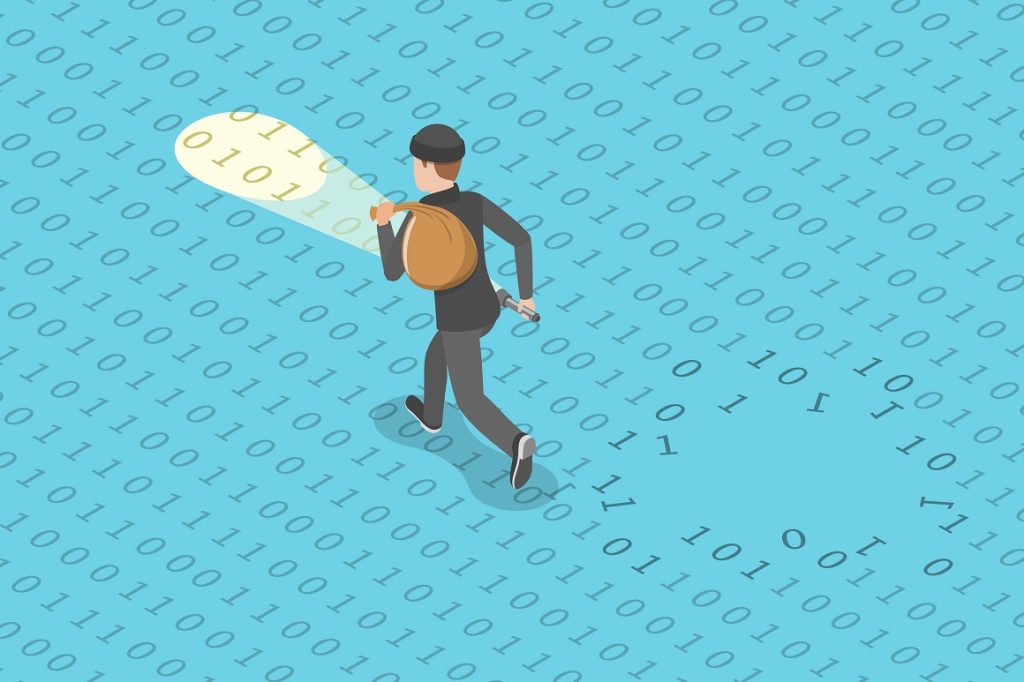By Cameron Abbott, Warwick Andersen, Michelle Aggromito and Max Evans
As a result of a recent class action, the Department of Home Affairs has been ordered by the Australian Information Commissioner, Angelene Falk, to pay compensation to asylum seekers after the Department was found to have interfered with the privacy of 9,251 detainees.
According to a media release from the Office of the Australian Information Commissioner (OAIC) , the relevant breach stemmed from February 2014, where the Department published on its website a “Detention Report”, which had embedded within it a Microsoft Excel spreadsheet containing the personal information (including full names, date of birth and period of immigration detention) of 9,258 individuals who were in immigration detention at that time.
Read More









